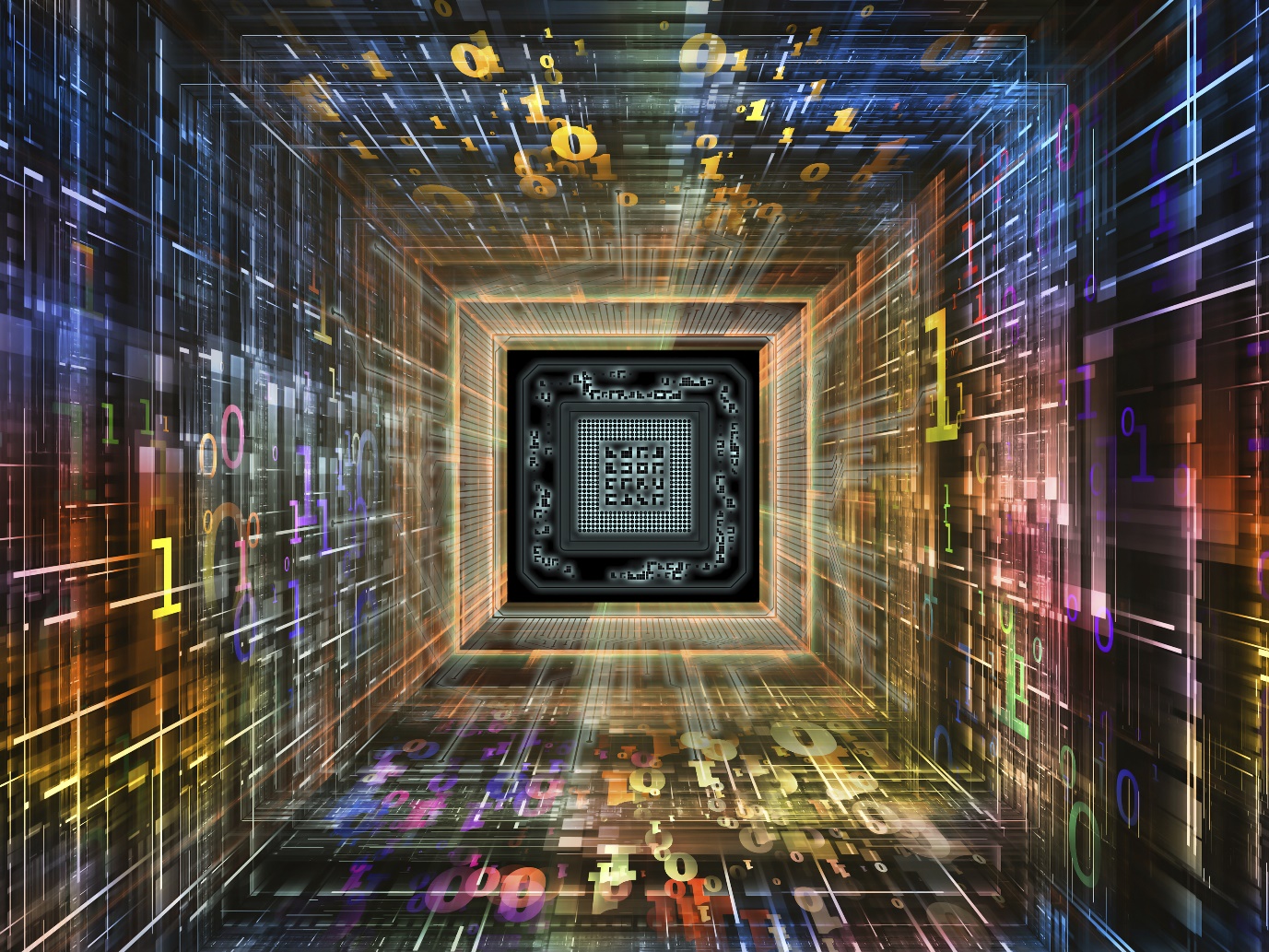
Blockchain is quickly revolutionizing the financial world as we know it, and according to LinkedIn’s founder, Reid Hoffman, it could even be as “earth-changing as the Internet”. The secret formula lies in blockchain’s transparency and simplified processes, which are both major priorities in our ultra-connected yet security-conscious society. Investments in this breakthrough technology are constantly growing, and we at Dell EMC are particularly excited about the potential of blockchain in the Middle East.
Regional governments have made major commitments to blockchain including Dubai’s government, which has established the ‘Global Blockchain Council’ and intends to use the technology for all government documents by 2020. Other MENA countries are looking to the UAE for guidance and inspiration as they realize that they too can have a vital role in driving the development, adoption, and deployment of blockchain globally.
The recipe for growth.
The demand for distributed ledger technologies is fuelled by the need for organizations to improve their efficiency, transparency, and integrity. By removing the necessity for intermediaries, blockchain technology gives a very high level of control. Its transparency also gives finance professionals valuable insights and offers a more convenient and affordable way for consumers to send money abroad, thus making it a perfect solution for a region built on foreign workers and expat communities.
In a recent survey, IDC projected blockchain spending to reach $307 million by 2021 in the Middle East and Africa. The fact that Dubai has already started using blockchain for health records is a testament to the passion and commitment behind this innovative technology. We believe that when governments actively welcome new technologies they also signal their openness to start-up businesses and culture and that they are welcome to innovate in their country. And this is something that could really set the region apart from global competitors to make the GCC a leading region for blockchain.
Building a Technological Success Story.
The GCC stands out as a potential blockchain leader because both the UAE and Saudi Arabia governments are strategically and financially committed to its success, with fintech playing an integral role to Saudi’s Vision 2030. It also helps that the region is a physical gateway between Europe, Asia, and Africa, making it a highly desirable trade location. But it’s only the companies and countries that embrace change openly who will truly succeed in the future.
In the IDC report mentioned above, the bulk of blockchain spending in the region will come from the public sector, but the benefits are likely to extend to multiple industries. Medically, blockchain can track how long an organ for transplant was in transport and thus determine its viability. A blockchain developed for precious stones could make it much harder to finance the illegal trade and transportation of blood diamonds. In the booming GCC real estate industry, blockchain can actually become a true game-changer by expediting transactions using fintech to transfer near-instantaneous asset ownership, facilitate leases, and approve mortgages.
Aspiring to become a global technology hub.
With real estate, banking, healthcare, transportation, urban planning, smart energy, digital commerce, and tourism pegged to be major beneficiaries of blockchain, it’s no wonder that the GCC is ready to innovate. The region and its leaders are off to a good start by injecting capital, forming blockchain organizations, and building financial prototypes, and we cannot wait to see the full potential of blockchain applications in the Middle East.
